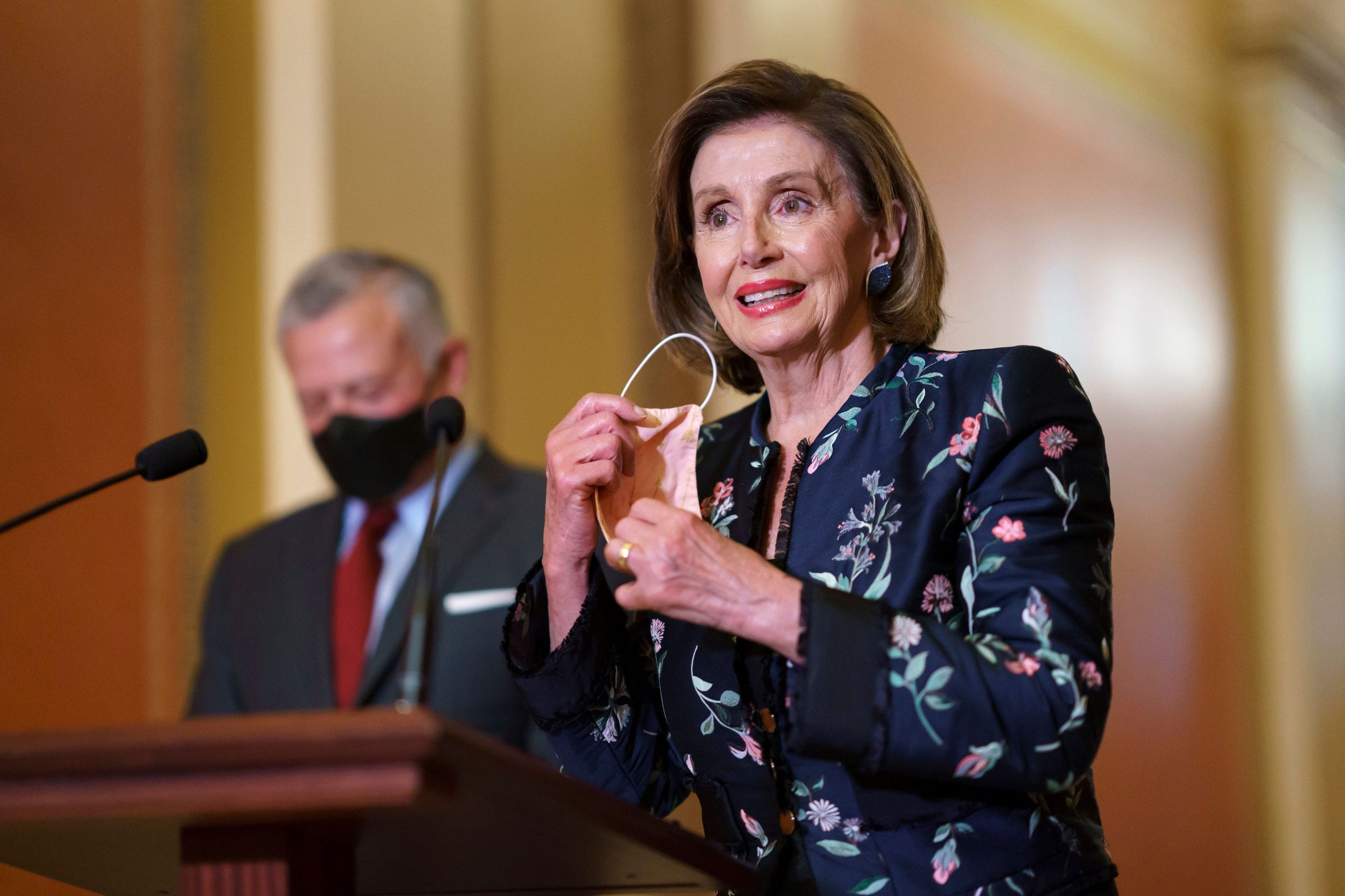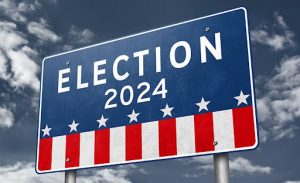The United States House of Representatives passed a bill on Wednesday that could suspend the country’s debt limit. However, the legislation is likely to be blocked in the Senate, which currently stands at a stalemate about the issue.
Republican lawmakers in the United States Senate previously blocked a similar bill earlier this week that would allow the federal government to receive funds beyond October 1, the start of the new fiscal year. The new bill is likely to experience a similar fate in the Senate.
According to reports from CNBC, the United States House of Representatives passed the debt ceiling suspension bill with a close call. The final tally of the votes was 219-212.
Also Read: US government shutdown: Possible impacts of US Congress’ disagreement
Very few lawmakers were seen crossing party lines during Wednesday’s vote. Representatives Kurt Schrader (Oregon) and Jared Golden (Maine), who are members of the Democratic Party, voted against the legislation.
On the flip side, Representative Adam Kinzinger, a member of the Republican party and a lawmaker from Illinois, voted in favour of the legislation.
Ahead of the vote, Nancy Pelosi, the speaker of the United States House of Representatives, said in a statement that the legislative body would “move forward to honor its responsibility to protect the American economy and American families from the catastrophe of a default by passing legislation to suspend the debt limit”, according to reports from CNBC.
Also Read: Israel’s Iron Dome vs Democrats: The tussle to keep US government funded
Such a vote would require a special majority in the United States Senate to go through, however, the upper legislative house is thinly divided and is expected to block the bill in its path.
Incase consensus is not reached by the October 1 deadline, all “non-essential” federal agencies in the United States would shut down.
With no funds flowing from the federal budget, more than half of the 2.1 million federal employees would likely be temporarily out of work, according to the Bipartisan Policy Center.
However, the due paychecks would be dispatched to the federal employees once the lawmakers reach an agreement on the United States budget.







